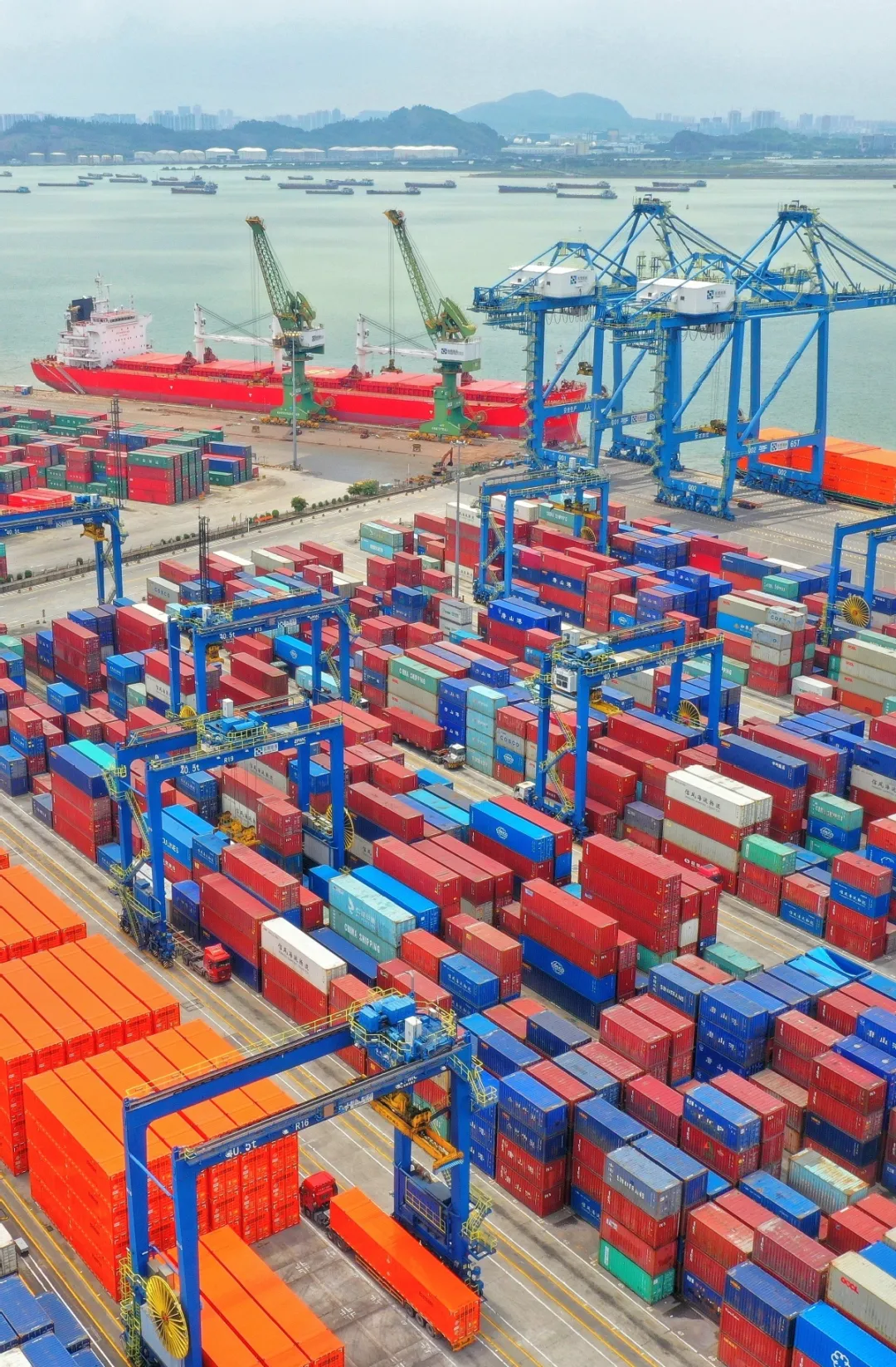In a firm response to national calls for stabilizing foreign trade, Dongguan has introduced a comprehensive new policy framework aimed at safeguarding trade, enhancing global competitiveness, and injecting fresh momentum into the city's export-driven economy.
Titled the Work Plan for Promoting Stable Growth of Foreign Trade, the plan supports enterprises through a challenging global environment and positions Dongguan as a leader in high-quality foreign trade development.

By 2027, Dongguan aims to significantly upgrade its trade structure and supply chain capacity. A key target is for over 30% of exports to be directed to Belt and Road Initiative markets. The plan also promotes synergy between exports and imports, outbound investment and inbound capital, laying the foundation for a more resilient and dynamic open economy.
Four key pillars:
1. Market diversification
To help businesses broaden their global footprint, Dongguan will support participation in over 200 international trade shows annually, with at least 100 focused on emerging markets. Additionally, more than 2,000 companies will be organized to join 20 major domestic fairs.
The city will boost cross-border e-commerce and bonded logistics, aiming for imports and exports at Humen Port and Qingxi Bonded Logistics Center to exceed RMB 125 billion by 2025. Initiatives include 1,000 livestream e-commerce sessions per year, enhanced support for second-hand car exports, and stronger ties with Belt and Road markets through trade missions and new platforms like Dongguan-branded product centers.
2. Industrial upgrading
Dongguan will reinforce its manufacturing base by supporting intermediate goods trade, stabilizing supply chains for key enterprises, and encouraging innovation. Measures include identifying priority suppliers, aiding technological upgrades, and nurturing high-potential firms within critical value chains. The goal is to increase the competitiveness of Dongguan's signature export products through better R&D, improved productivity, and enhanced coordination across sectors.
3. Financial support
Recognizing the pivotal role of finance in trade, the city will expand access to development funds and lower financing costs for export businesses. Plans include creating city-level subsidy programs for qualified importers; expanding pilot zones for trade and currency facilitation; enhancing export credit insurance coverage with premium subsidies; strengthening risk management tools for currency hedging to reduce forex-related costs; and promoting cooperation platforms between banks and businesses.
4. Business environment optimization
To foster a smoother trade experience, Dongguan will enhance its logistics and customs capabilities. Support will be given to improve freight routes via Dongguan and Hong Kong; promote AEO (Authorized Economic Operator) certifications for faster clearance; offer legal and policy services to help businesses handle trade remedy investigations; encourage private enterprises to make better use of trade associations; expand cooperation with business communities in Hong Kong and Macao.
Dongguan will also increase legal support for international trade and intellectual property, aiming to create a more secure and predictable environment for global business partners.
The plan took effect immediately upon its release and will be in place for three years, with dynamic adjustments made as needed. Incentives and subsidies will follow relevant implementation guidelines.
In an increasingly unpredictable global landscape, Dongguan's proactive strategy underscores its commitment to maintaining trade stability while accelerating transformation. For businesses, investors, and international partners, this signals not just policy support, but long-term confidence in Dongguan as a vital link in the global economy.
















